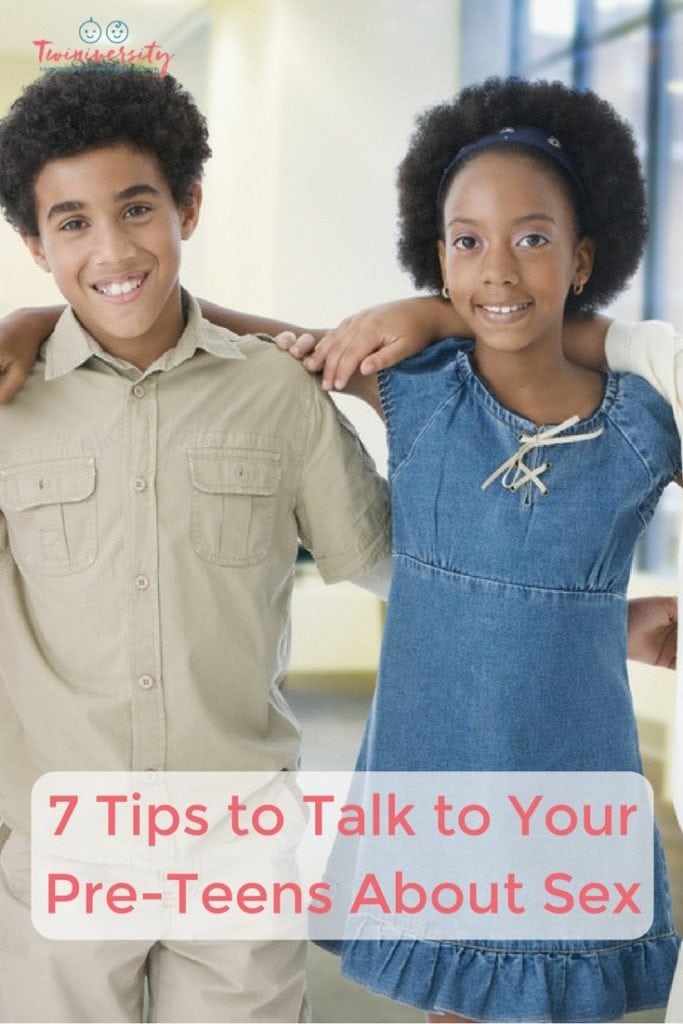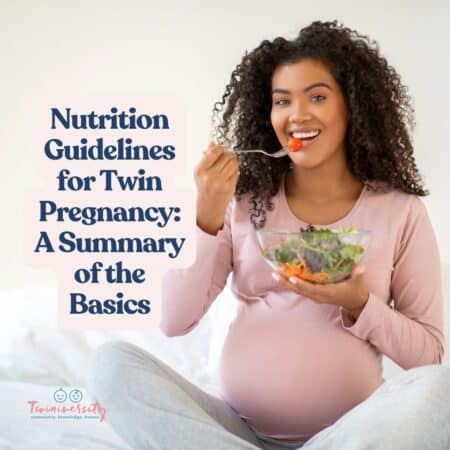Last updated on June 29th, 2024 at 04:49 pm
“I have a vulva!” My two-year-old proudly proclaimed to my husband as he came in the room. Being the father of three girls, and used to this sort of thing by now, he calmly nodded and said, “Yes, you do, please come brush your teeth.” Aside from a cute story to look back on, this was proof that we were starting to lay the groundwork for our children to have a positive relationship around talking about their bodies. Having taught teens and college students about sex and their bodies, I have seen how important it is to be proactive about addressing the many issues around sex. One college co-ed confided that she was told she could get pregnant by going into a hot tub with a boy. After mentally picking my jaw up off the floor, we went into a detailed discussion about reproduction, and also addressed the shame and fear she had been taught about sex.
Talking to your children and pre-teens about their bodies and sex is the start of them having a body-positive and responsible relationship with their body. As parents we want our children to know that we care about their bodies, and want them to care too. I am not suggesting this is easy, but here are 7 tips to start and have healthy conversations about sex with your pre-teens:

1. Start Young
You can start younger than you might think. Start with teaching the correct names of your children’s genitals. Some parents prefer to use a nickname for their child’s genitals, it is also important to make sure they know the correct terms. Consider the message you might send if you use a nickname for your child’s genitals: Does it make it seem as if there is something to be ashamed of, or that it is not okay to talk about? If you do have the child who, in the middle of Target, starts shouting that she/he has a vagina/penis, while possibly mortifying, it is also a great time to begin to introduce how we talk about our bodies and what is appropriate and where. As any parent knows, our kids are going to embarrass us in many ways, no matter what we do. Starting young also lets us, as parents, warm up to the topic and get used to talking about it.
2. Keep It Light and Age/Developmentally Appropriate
Some 6 year olds are ready to have a more serious talk about ‘where babies come from’ and some are not. Consider your child, and what he or she is ready to handle at their age. Consider your tone and body language when talking with your child. If you are tense and nervous, the message they will receive is that this is embarrassing and possibly something to be ashamed.

4. Check Your Emotional Baggage
We all have a history and different experiences, consider that you may need to wrestle with your own experiences around your body and sex before being able to have a healthy conversation with your children. It is natural to be uncomfortable. If you’ve ever talked to a pre-teen about sex, you will note they probably squirm and roll their eyes a lot. This is normal, let them know it is okay to feel this way and you are always there to listen.
5. Keep Talking and Talking
Make talking about your body using body-positive language part of your life. If you all of sudden sit your 10 year old down and give them the ‘A-Z’ talk on the birds and the bees, you are going to have one freaked out kid. But if you have been using the correct terms for genitals for years, and adding layers to the “where do babies come from?” talk at age appropriate levels, then once you have a pre-teen you’ve laid a strong foundation.
6. Consider Beyond the Basics
Yes, you can explain what sex is, how one’s genitals work, and the miracle of birth, but what else? Children are curious about their bodies, and self-exploration starts young. Consider talking about how it is normal to be curious about your body. This is a great segue into who is allowed to touch your body. Let them know that they are in charge of their body. No one is allowed to touch the parts of their bodies that are covered by their bathing suit without permission.
7. Puberty
For pre-teens you are dealing with children already starting puberty. Their hormones, and moods, are already fluctuating. One day they may be totally grossed out and embarrassed that you want to talk about this. The next day, they may have questions and want to know as much as possible. Consider instead of a lecture about the dangers of unprotected sex, talking about scenarios. For example you could ask them what they think could be possible outcomes if two people had unprotected sex. From there you could talk about other scenarios, ground rules for dating, what to do if you are feeling pressured, etc. If you watch a television show together, reflect with them on the relationships they see. Which ones look healthy and positive, why? Which ones make you feel uncomfortable to watch, why?

8. Consider Your Journey to Parenthood
Families are made in many different ways. Does your family journey include infertility/adoption/surrogacy? How do you want to talk to your children about this?
Above all remember that no one is doing this 100% right all the time. Keep talking, and your kids will get the core message: You care about them and want them to be healthy and safe. And if you hear someone in Target yelling out that they have a vulva, it just might be my kid. I’ll be the parent hiding in her Starbucks coffee cup.

CJ is an educator and writer living in New England. Previously she has worked as a birth Doula and she and her husband were foster parents. She has written and spoken on infertility and loss and is so grateful for her ‘rainbow’ babies. She and her husband are parents to three girls, big sister who is 5 and their fraternal twin girls who are 2.5. She is an avid runner, vegetable gardener, and self-taught seamstress who buys too much fabric, always.







